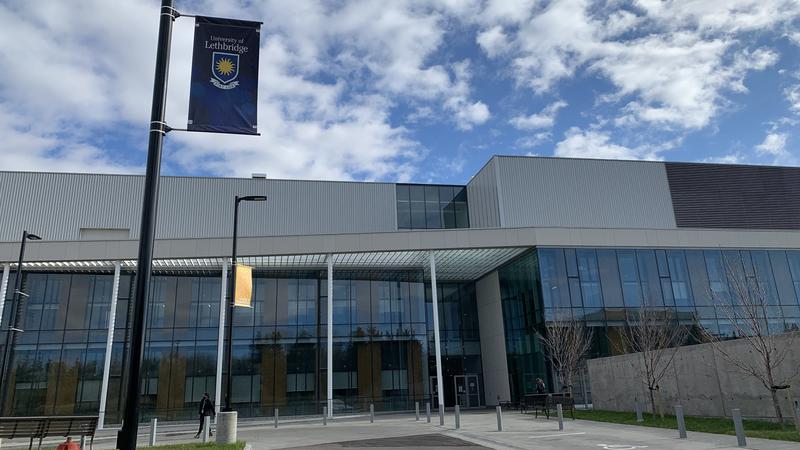
Parkland Institute report criticizes Alberta’s plan for future of post-secondary education
LETHBRIDGE, AB – A new report has been released by the Parkland Institute, challenging the Government of Alberta’s plan for the future of post-secondary education in the province.
The report, titled ‘Roadmap or Roadkill, A Critical Look at the Government’s Strategy for Post-Secondary Education in Alberta’, was put together by University of Lethbridge professors Dr. Trevor Harrison and Dr. Richard Mueller.
The document argues that the province’s plan, ‘Alberta 2030: Building Skills for Jobs’ (which can be viewed here) is ill-advised and the proposed changes and cuts, if implemented, will have a radical and dangerous impact on the province’s post-secondary system. Some notes from the report include:
- There is neither a plan to add the projected 40,000 new student spaces the system will need by 2028 or plans to increase access for Alberta students from the lowest participating rate to the national average.
- Post-secondary institutions will be subjected to increased corporate control over which programs will be offered and what research will be funded.
- The $430-million total project cut to the post-secondary education budget will result in much higher costs for students to attend post-secondary institutions.
- Government cuts to Alberta’s institutions have resulted in “massive layoffs for staff and faculty” and will result in a major impact on the quality of post-secondary education going forward.


